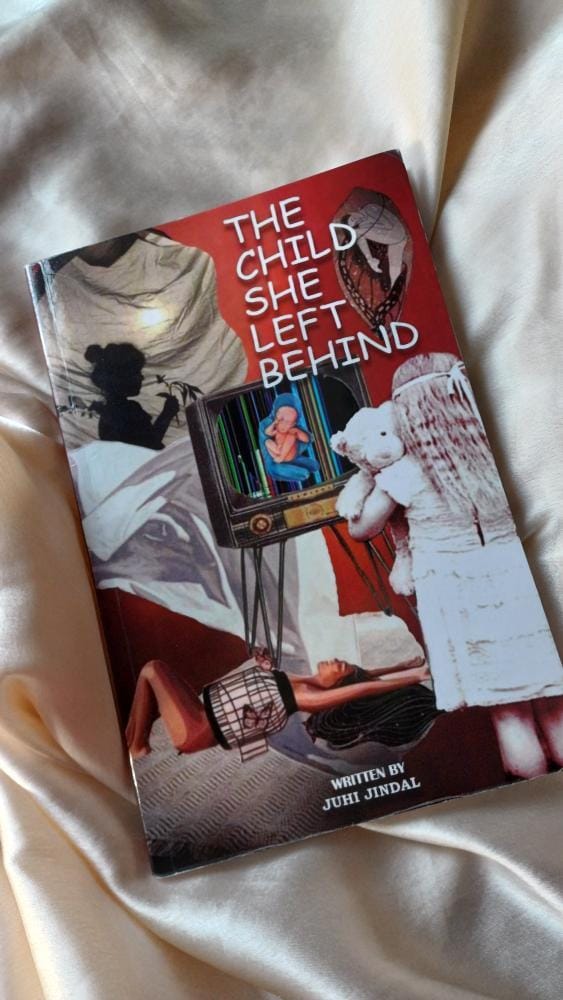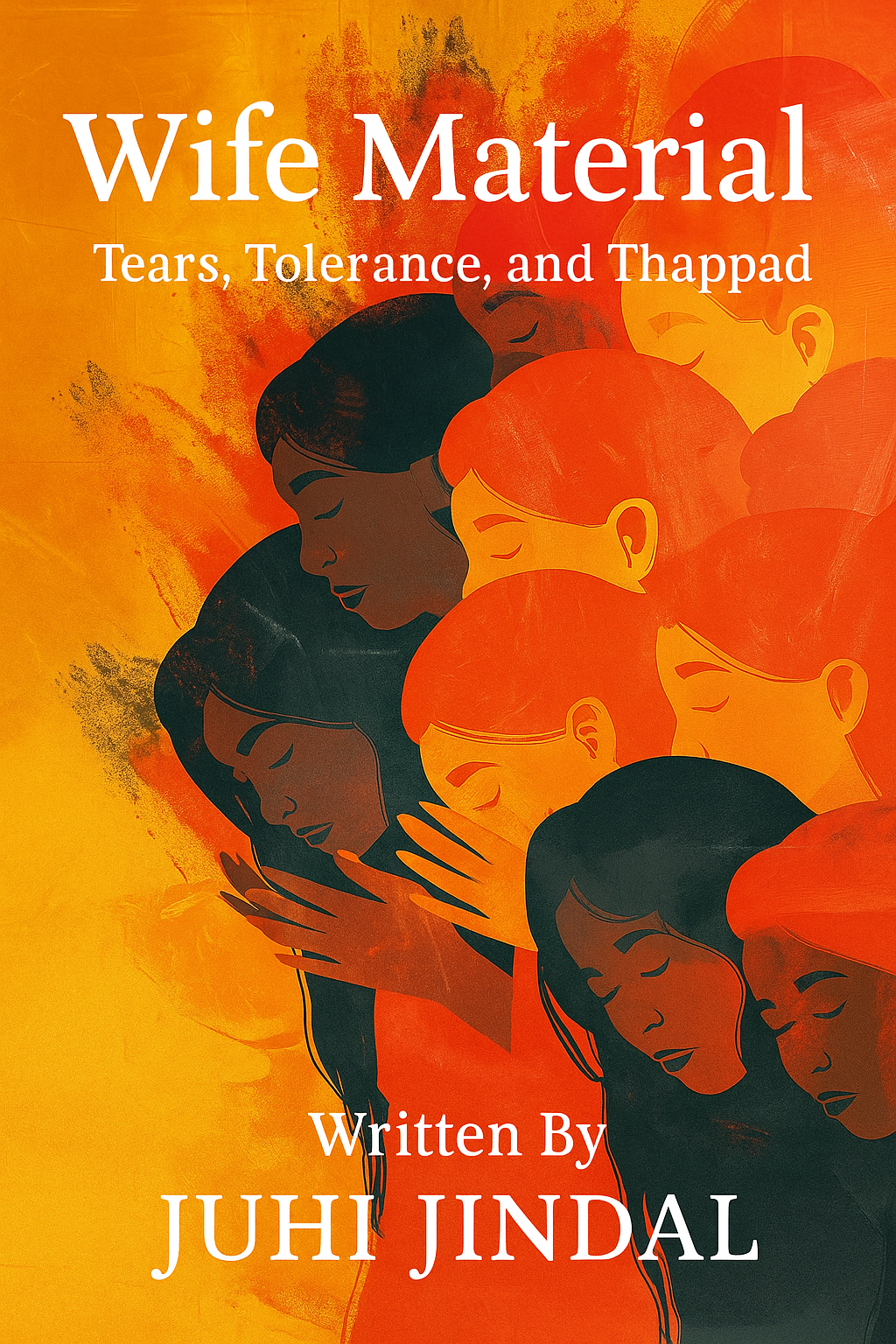
The Child She Left behind By Juhi Jindal
Summary:
This is not just the story of Ashima.
It is the voice of every girl who grew up too soon—in silence, in fear, in shadows.
It is fiction born out of fact—created not from imagination, but observation.
I first met Ashima in Delhi.
She was a 9-year-old girl crying behind a closed door. Her father, an alcoholic. Her mother, broken and bruised. One day, her mother, exhausted by violence, said something in anger
— “I’m stuck in this marriage because I have children.”
Ashima heard it. She believed it. She blamed herself.
I left that house, but she never left me.
Weeks later, I found her again — not in form, but in spirit — in a quiet 13-year-old girl with pale, grief-filled eyes in a mountain village. Her silence was heavy, familiar. The trauma was the same. The story, rewritten in another setting.
As I travelled across cities, villages, classrooms, shelters, and homes, I met hundreds of Ashimas — all carrying the same pain in different bodies. All unheard. All forgotten.
And that’s when I knew — I had to write.
Not one story, but a voice to validate them all.
To tell them they are not alone.
Themes:
Childhood trauma
Parental neglect and alcoholism
Emotional abuse in relationships
Mental health and depression
Addiction to validation
The search for belonging
Forced marriage and societal pressure
Suicide and silence
Intergenerational pain
Art as an emotional outlet
This isn’t just a book — it’s a voice.
Get your hands on The Child She Left Behind, now available on Amazon.

Wife Material: Tears, Tolerance, and Thappad” by Juhi Jindal
Summary:
After finishing my first book, The Child She Left Behind, something unexpected began to happen — the stories I had written down started staying with me longer than they should have. The trauma of others began to live inside me, as it often does with artists. I was emotionally full, and I needed to breathe.
So I travelled to Landour, Mussoorie, to meet the man whose words once gave me comfort, Sir Ruskin Bond. But the meeting didn’t happen. Instead, I found something else.
Another story. Another silence.
I met Ameha, a 58-year-old woman who seemed like any ordinary local. We met late one evening while I was searching for food. What began as a small conversation soon became something life-altering. In her quiet, matter-of-fact voice, she told me a story that changed the way I understood grief, womanhood, and survival.
When her husband died, she didn’t shed a single tear. Not because she didn’t feel anything — but because this time, she chose to feel herself. After decades of enduring a violent marriage, of being physically assaulted, of being forced
to become a mother at 17, of cleaning her husband’s urine and wounds while being told it was her duty — she had reached a point where crying didn’t mean weakness anymore.
It meant repeating the cycle. And she refused.
She did everything society expected of a “good wife” — except win the imaginary Best Wife award that women like her are promised but never given.
This book is not about domestic violence alone.
It is about the deep conditioning of women to tolerate pain, to glorify sacrifice, and to remain silent for the sake of family, children, or respectability.
Through Ameha’s story, and others like hers, Wife Material: Tears, Tolerance, and Thappad holds up a mirror to what women are taught about love, duty, and endurance. It questions the unspoken checklist that women are forced to live up to — and what happens when they finally refuse.
This is not just a story.
It is a rebellion in prose.
Themes:
Domestic violence
Marital rape and physical abuse
Early forced motherhood
Emotional numbness and suppressed grief
Patriarchal conditioning
Gender-based expectations in marriage
The myth of the “ideal wife”
The burden of duty and sacrifice
Reclaiming self-worth
Generational silence around abuse
The glorification of tolerance
She didn’t cry — she chose to feel herself instead.
Get your copy of Wife Material: Tears, Tolerance, and Thappad and discover the story of quiet rebellion, resilience, and what it truly means to be “wife material.
Available now on Amazon.
